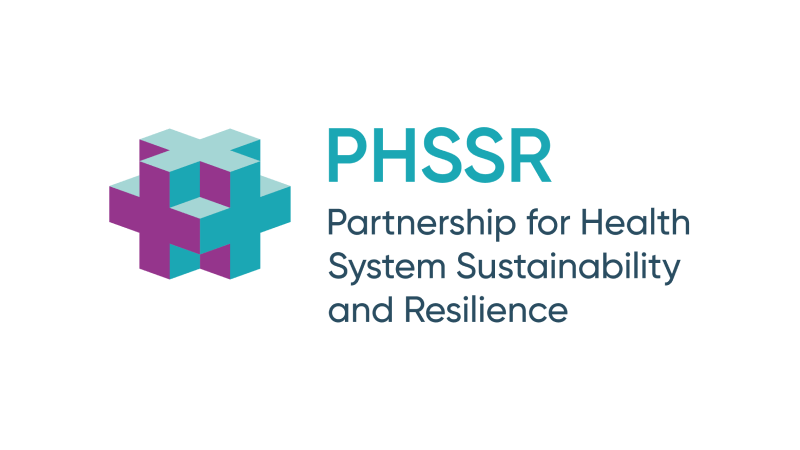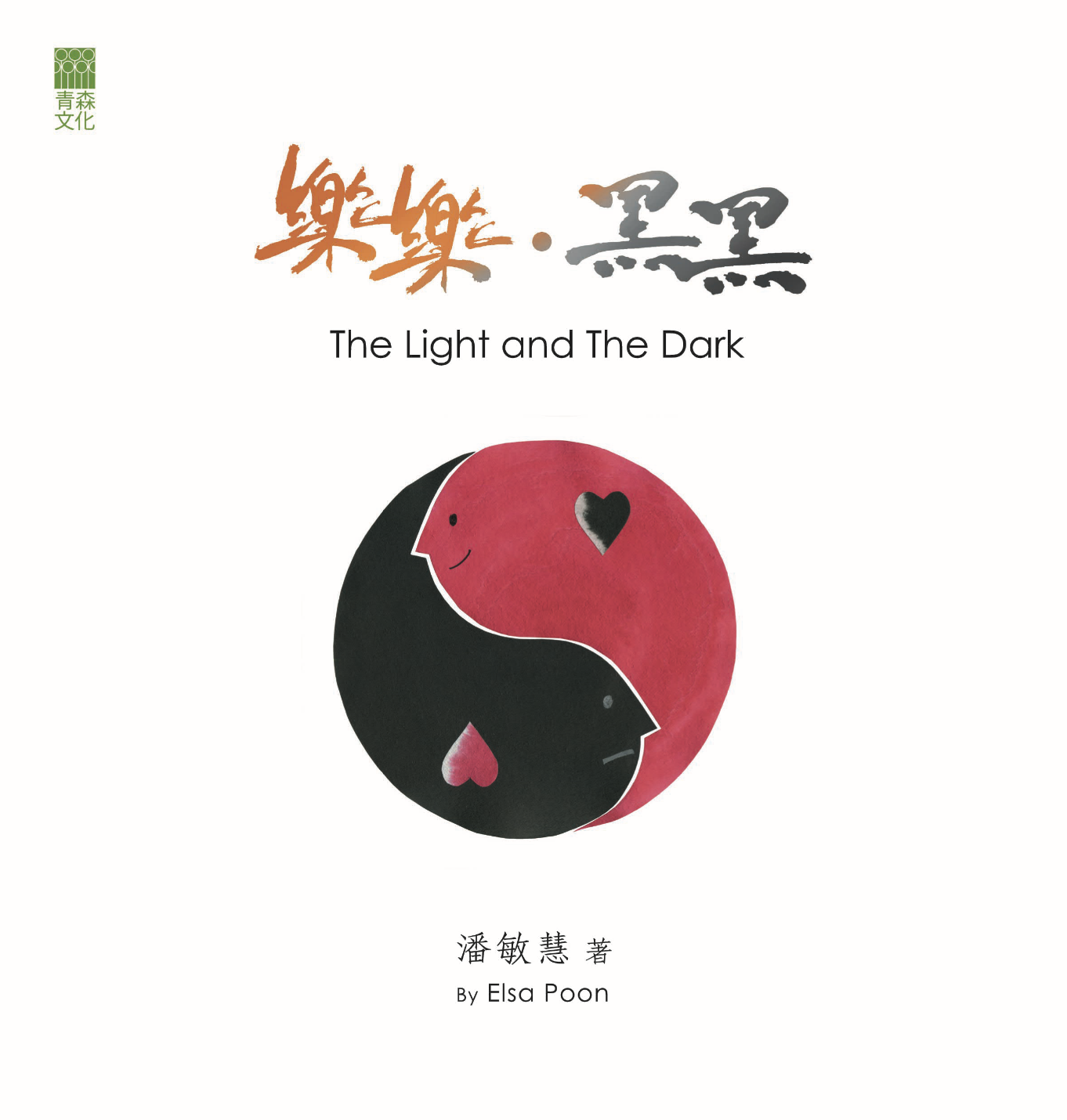
Latest Publications..最新發表
2024
In this blog on Salzburg Global Seminar 2024, Syaru Shirley Lin explains how Taiwan is navigating geopolitical tensions and economic shifts while walking a tightrope between the US and China.
Syaru Shirley Lin and Alistair Lang summarized the research findings of the PHSSR country-level reports focusing on health system sustainability and resilience in the Asia-Pacific region.
....
This Chinese article is based on the English article "What Taiwan’s 2024 Election Means for China, the US, and the Future of Taiwan" by Syaru Shirley Lin, Caroline Fried, and Siwei Huang published on the China Leadership Monitor.
..
本文源於作者林夏如、費凱琳與黃思爲於美國著名中國政治經濟研究期刊 China Leadership Monitor 上發表的論文(What Taiwan’s 2024 Election Means for China, the US, and the Future of Taiwan)。
....
Syaru Shirley Lin, Caroline Fried, and Siwei Huang of CAPRI provided in-depth analysis on the implication of Taiwan's presidential and legislative elections on current domestic governance challenges and the changing Taipei-Beijing-Washington relationship.
Syaru Shirley Lin analyzes the Taiwan election results and its implications on Taiwan’s domestic governance issues as well as international relations among Taipei, Beijing and Washington.
Syaru Shirley Lin assesses the Taiwan election results and what they mean for the island, cross-Strait relations, and the U.S.-China-Taiwan triangle in 2024 and beyond.
Strategic competition between China and the US threatens Taiwan’s resilience, its capacity to innovate, and its ability to reach consensus amid domestic challenges, writes Syaru Shirley Lin ahead of Taiwan’s 2024 election.
In this op-ed published in Nikkei Asia, CAPRI’s chair Syaru Shirley Lin discussed how US-China strategic competition undermines Taiwan's resilience, and its impact on the upcoming presidential election in Taiwan.
2023
This chapter examines the implications of U.S.-China decoupling for Taiwan’s integration with the Chinese and world economies and explores how this economic fragmentation is shaping the context in which the Taiwanese are determining their island’s future.
In this op-ed, Chair of CAPRI, Syaru Shirley Lin advocates for an inclusive approach that cultivates domestic talent and welcomes international professionals. In a world marked by rapid transformation, how should Taiwan transform into a dynamic and diverse talent pool?
2022
A CAPRI chapter in the Brookings edited volume Democracy in Asia. Dive deep with expert insights on how Asia-Pacific democracies have harnessed the power of technology and innovation to protect public health during the COVID-19 pandemic while still giving priority to personal privacy.
In The Hundred newsletter, Shirley Lin explains in only 100 words the development of Taiwan's semiconductor industry, which showcases the island's innovative approach to economic resilience.
A review on Shelley Rigger’s latest book: The Tiger Leading the Dragon: How Taiwan Propelled China’s Economic Rise
2021
A Chinese chapter coauthored by Shirley Lin and Jessica Chao on the contemporary history of Taipei, to be included in the latest Chinese translation of the book The Spirit of Cities: Why the Identity of a City Matters in a Global Age by Daniel A. Bell and Avner de-Shalit.
Co-authored with Malcolm Turnbull .. 與麥肯.滕博爾(Malcolm Turnbull)合著
Democratization, National Identity and Foreign Policy in Asia, edited by Gilbert Rozman
Taiwan’s Economic and Diplomatic Challenges and Opportunities, edited by Mariah Thornton, Robert Ash, Dafydd Fell
2020
First in a series of six articles analyzing consequences of U.S. election..美國選後新局評析6之1
My interpretation of the importance of Taiwan's elections.
2017
Syaru Shirley Lin points out that on the 20th anniversary of its handover to China, Hong Kong is deeply divided over governance, economics, and identity, especially between the young and the old.
..
作者觀點:當存在不同價值觀的社會發生碰撞,經濟問題會突顯認同感的分歧。當前香港政府亟需應對的挑戰,正是來自經濟領域。
2016
Syaru Shirley Lin says the commotion over the Trump-Tsai phone call has exposed the US challenge in forging stable relations with both the vibrant democracy that Taiwan has become and the assertive China of today.
Syaru Shirley Lin believes newly-elected President Tsia’s biggest challenge is to fulfill Taiwan’s role in maintaining global peace and stability while satisfying the aspirations of young people. For DPP government, the focus is on Taiwan and domestic social welfare, rather than China or cross-Strait relations.
2015
With local identities increasingly consolidated, especially among young people, there have been unprecedented protests in both Taiwan and Hong Kong against their respective governments’ policies toward Beijing. Taiwan’s Sunflower Movement in March 2014 opposed further economic integration with China, specifically the ratification of a cross-Strait agreement on trade in services. Soon after, in September 2014, Hong Kong’s Umbrella Movement demanded that Beijing modify its formula for nominating and electing Hong Kong’s next chief executive in 2017. Taiwanese students held sunflowers as a symbol of hope to effect change, while Hong Kong students held umbrellas to shield themselves from police tear gas. In both instances, the international attention and the political impact were far greater than what the two governments and most pundits had expected. Both protests were led by young people, many of them students, some of whom expressed strong “anti-China” sentiments. This was despite a continuing effort by Beijing to promote a Chinese identity among young people. Although the protests shared similar roots, the two governments responded very differently. Taipei yielded to the students’ demand to delay the passage of the trade pact and draft a mechanism for the Legislative Yuan to monitor future negotiations with China. The Hong Kong government refused to amend the electoral proposal and initiated legal proceedings and other punitive measures against the protestors and their supporters.
2014
After more than one hundred years of colonial rule, China regained sovereignty over Hong Kong in 1997 and is now seeking the eventual return of Taiwan, which has enjoyed de facto independence since the Kuomintang government retreated there from the mainland in 1949. China has continued to expand its social and economic ties with Hong Kong and Taiwan. However, despite China’s deepening economic integration with Hong Kong and Taiwan and the transfer of sovereignty over Hong Kong from Britain to China in 1997, surveys show that there has been no increase in Chinese identity among the people in Hong Kong or Taiwan. Instead, there is a rise in local identities. Beijing is determined to bridge the identity gap in both regions in the belief that the development of a Chinese national identity is necessary to ensure political stability and territorial integrity. Its aim is to prevent Taiwan from declaring de jure independence and to secure the eventual unification of Taiwan with the rest of China, and with regard to Hong Kong, it seeks to ensure that the continued progress toward direct elections does not produce an unacceptable legislature or chief executive. Promoting Chinese national identity in both Hong Kong and Taiwan is seen as important to achieving those goals.
2013
From 2008, Ma Ying-jeou has raised the possibility of Taiwan becoming an Asia Pacific financial center. Rather than taking the necessary steps to upgrade Taiwan's capability in finance on a comprehensive basis, the Ma administration has focused predominantly on expanding cross-Strait financial flows. This paper introduces the background and details the process of liberalization in banking, insurance and securities. Implications of such development for Taiwan's economy are explored followed by a review of prospects for the future.
Contrary to expectation, policies such as the ECFA have produced protectionist backlash, not spillover favoring political engagement with China. Using primarily economic incentives and hoping that special interest groups or political parties who benefit from cross-Strait interdependence will help China win over the Taiwanese public may be ineffective in promoting political integration.

























